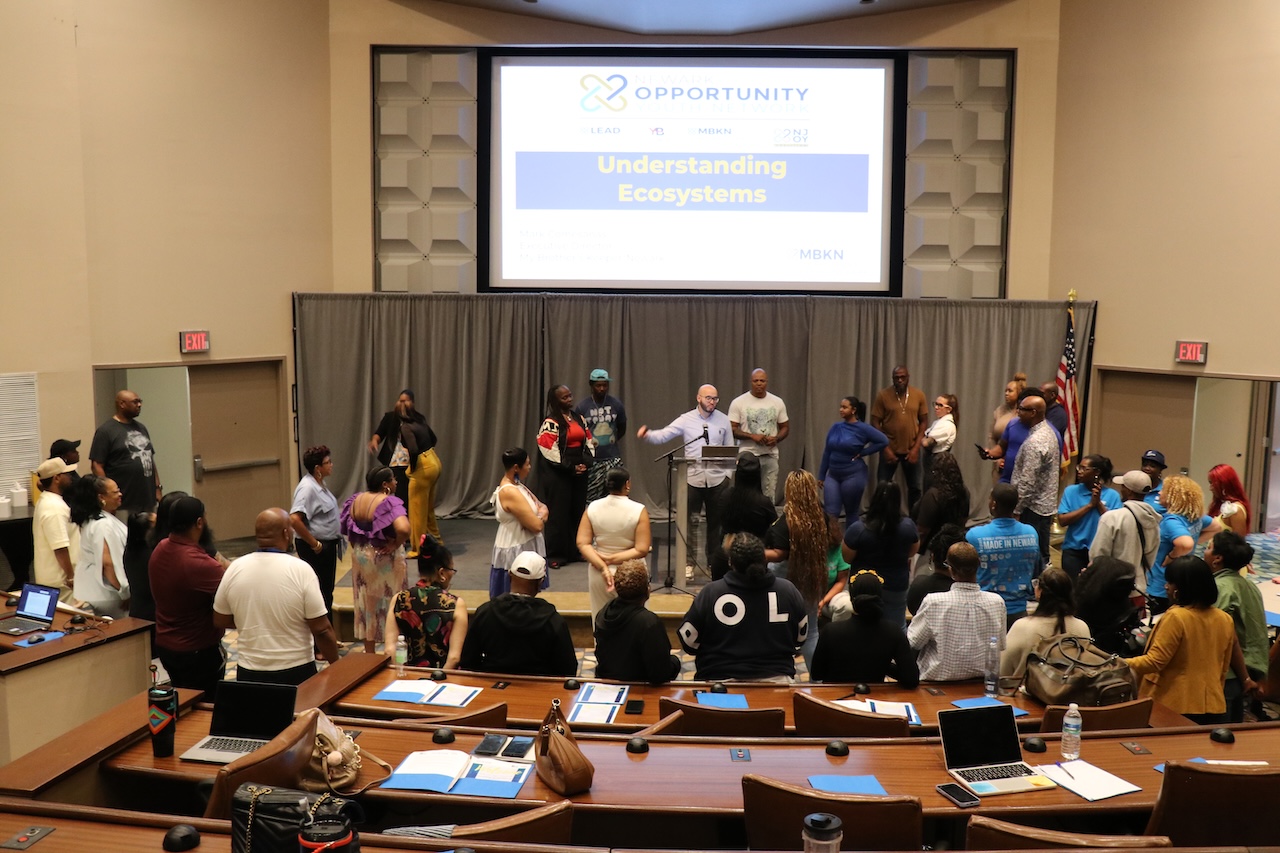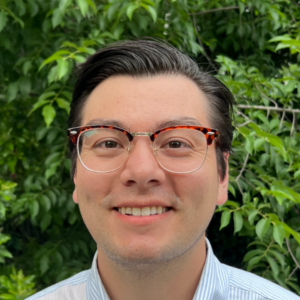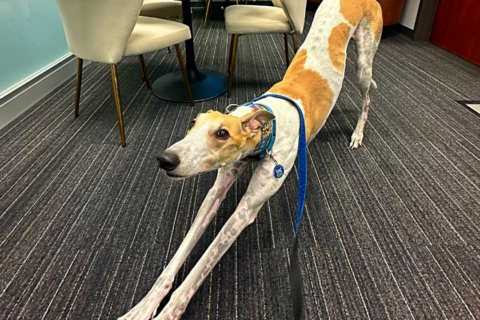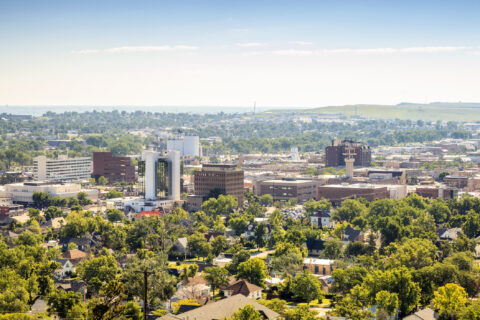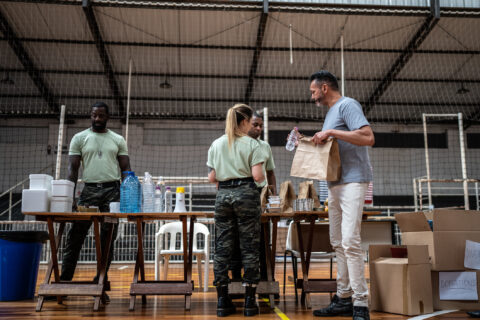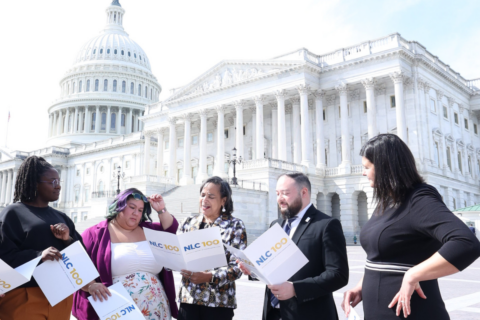Co-authored by Jessiah Paul, Director of the Brick City Peace Collective
For five decades, Newark, New Jersey had experienced one of the highest rates of violence in the country. In 2009, the tragic loss of Nakisha Allen ignited outrage in the community. In that environment, Mayor Ras J. Baraka (Councilman Baraka at the time) declared gun violence a public health issue and called for an end of senseless violence at the inception of the Newark Anti-Violence Coalition. Community members mobilized and formed new grassroot organizations that would embellish the cords of an ecosystem to reduce violence. Following Newark’s lead, the US Surgeon General declared gun violence a public health crisis in 2024.
Declaring that gun violence is a public health issue opened new sources of funding. In 2020, Newark reallocated 5 percent of the police department budget annually (roughly $12 million) to create the Office of Violence Prevention and Trauma Recovery. In 2021, Newark dedicated $18 million American Rescue Act funds to support community violence prevention strategies over three years. Taking a public health approach and unlocking new funding strategies are having an impact. In 2020, Newark had a year where police officers did not fire a single shot. In 2022, homicides in Newark were at a 60-year low and have since fallen 30 percent through December 2024.
Brick City Peace Collective
The Office of Violence Prevention and Trauma Recovery was formed as the city department devoted to reimagining public safety in the city, and the Brick City Peace Collective (BCPC) is the coordination and accountability arm.
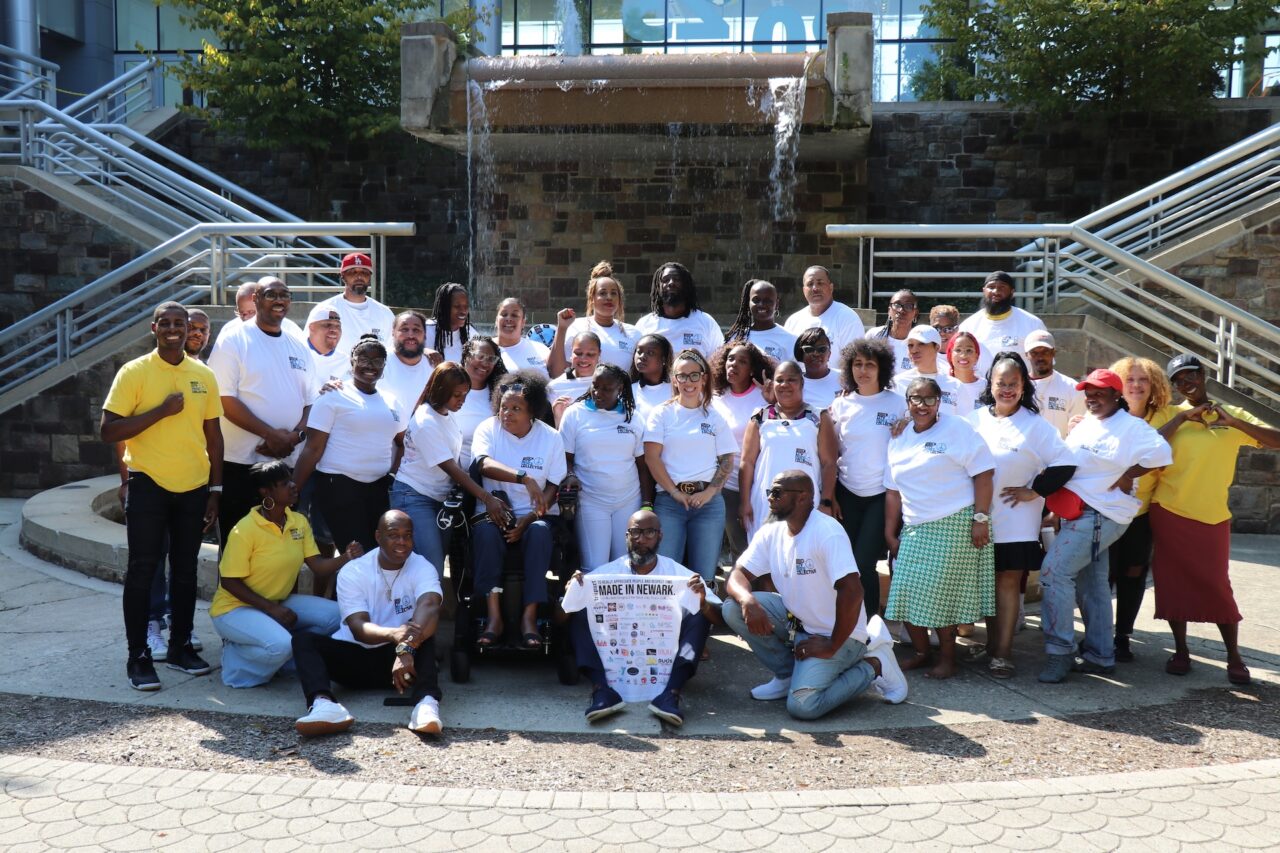
BCPC works to reduce violence by bringing together members of Newark’s public safety ecosystem, a collective of more than 50 organizations to:
- convene monthly to promote effective collaboration,
- analyze safety data,
- inform strategy development and implementation,
- and coordinate resource deployment.
Through leveraging the city’s collective power, BCPC is able to drive system change with strategies that center those most impacted by violence while creating a sustainable pathway toward peace for all Newark’s residents.
The public safety ecosystem is a collective of organizations comprising grassroot organizations, service providers and city departments — including law enforcement agencies, and institutions of higher education that work together to create a safer Newark. The group meets every month to support implementing collective strategies and to resolve conflicts. The ecosystem is relationship-based, reliant on trust and focused on problem solving. BCPC formed committees to have focused conversations for organizations with specialized fields. The committees include the Transformative Justice, Data Team, Domestic Violence, Education Committee and High-Risk Intervention.
The Brick City Peace Collective relies on utilizing data to prevent violence, a key pillar of the public health approach. The Newark Public Safety Collaborative, one of the partner organizations based out of Rutgers University, provides crime analysis to the ecosystem. Frontline workers are able to provide context on individual incidents or locations to inform prevention strategies in real-time. BCPC is further connecting members of the collective together via a data system, the Apricot case management platform, to create a pipeline of referrals within the ecosystem to better assist in soft handoffs to maximize impact.
Engaging the Community
BCPC is building more sustainable pathways that create a safer community and that embodies a progressive future with thriving families. BCPC support is based on the belief that safe communities rest on young people building a better future. The future of public safety is addressing the culture to make self-improvement the basis of community development. Some of the strategies to engage youth include:
- Peace Academy is an educational initiative serving Newark youth through specialized schools: School of Restorative Justice for high-risk youth, School of Transformative Justice for at-risk youth including college education opportunities and School of Social Justice for community engagement. Each school provides targeted programming to help young people build skills, overcome challenges and create positive change in their communities.
- Guaranteed Education Program (GEP) provides select Newark students with a debt-free college education at Saint Elizabeth University in Morristown, New Jersey. This initiative covers tuition and expenses for qualified students throughout their undergraduate studies, creating pathways to higher education while addressing educational and economic disparities in local communities. This program is open to students that have been impacted by violence.
- Safe Summer Academy is a paid 12-week summer internship program for young people ages 14-24. Working alongside community leaders, interns gain hands-on experience in community organizing, event planning and social justice work while developing professional skills. The program includes mentorship, workshops on conflict resolution and leadership and practical experience contributing to local peace initiatives. Through 35 hours of weekly engagement, participants build valuable career capabilities while making meaningful impact in their neighborhoods.
- Peace Week & 24 Hours of Peace is Newark’s signature violence prevention initiative featuring community-building activities including workshops, bike rides, community wellness retreats and artist collaborations against violence. The week culminates in 24 Hours of Peace, a flagship event using hip-hop culture and spoken word to engage residents in dialogue around nonviolence and conflict resolution.
“Twenty-four hours without violence is the norm in our city now — not the exception.”
– Newark Mayor Ras J. Baraka
These events brings together artists, community members and leaders to promote healing and inspire peace through music and community connection.
Action Steps Toward Democratizing Safety
- Declare violence a public health crisis.
- Dedicate sustained funding to support community violence prevention strategies.
- Create a public safety ecosystem of all the organizations dedicated to a safer municipality.
- Use data to enhance impact and use community feedback for continuous improvement.
- Ensure that resident needs are being met and voices are being heard.
Webinar: Developing Public Safety Dashboards
Want to learn how data-driven platforms can enhance public safety operations and decision-making? Sign up for the webinar “From Data to Action: Developing and Using Public Safety Dashboards for Cities,” beginning at 11 AM ET Wednesday, Feb. 26.
